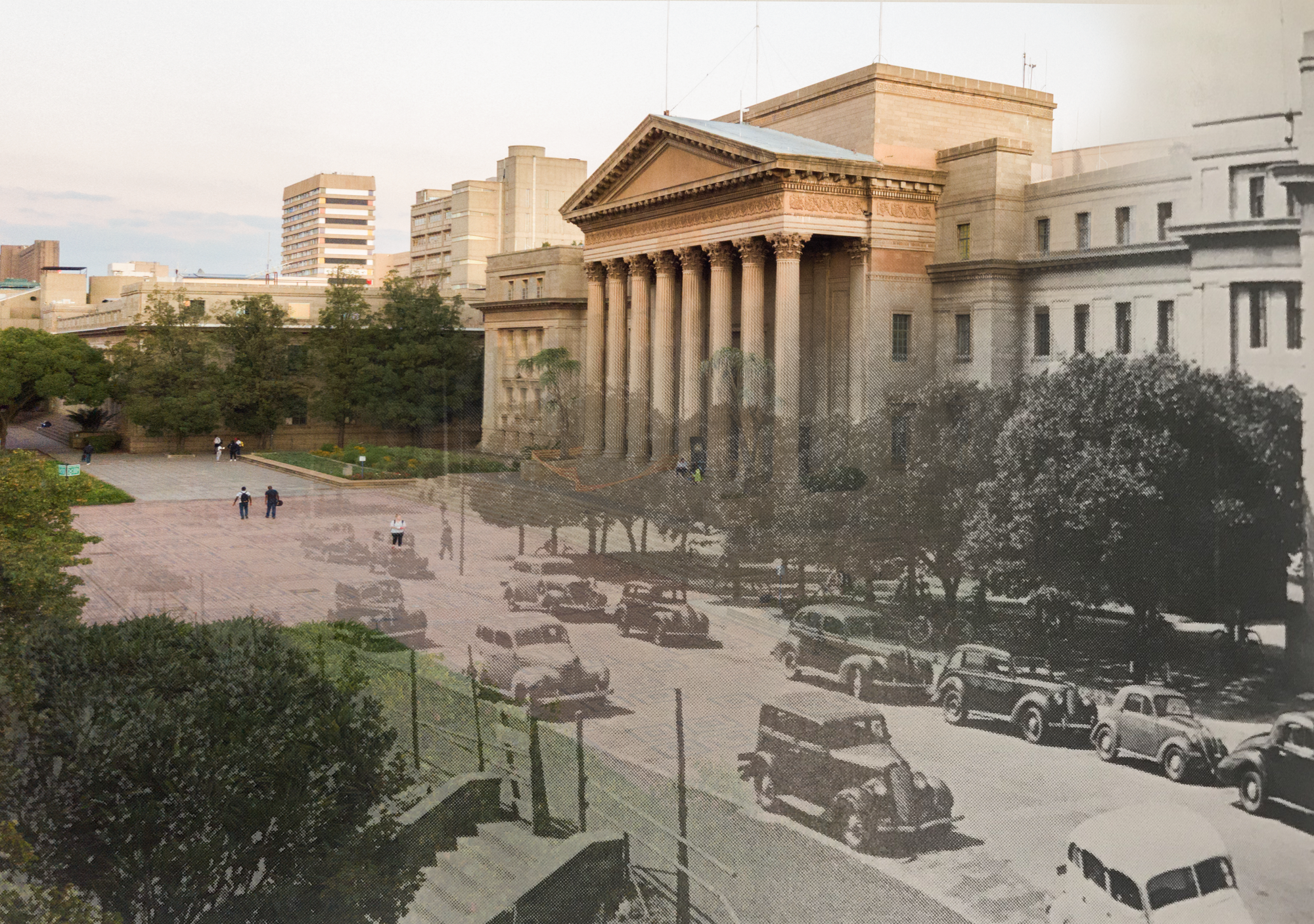What to Be or What Not to Be?
My grandmother accompanied my father (Morris Hirsch) to Wits University at Milner Park to enroll for Medical School in 1933.

My grandmother accompanied my father (Morris Hirsch) to Wits University at Milner Park to enroll for Medical School in 1933. Those were the days of decorum. He was neatly dressed in a white shirt and tie, long socks and short pants, his mother had made him, not possessing any 'longs'. The Registrar firmly warned that Morris could not attend thus unsuitably attired. So off he and his mother went to Bloch and Co. Wholesale in Market Street for the conversion.
In addition, the absence of a bus or tram for the two-mile journey from 40 Harley Street in Yeoville to the University necessitated his parents granting him his first bicycle. Such independence! Thus transformed, university promised a new-found freedom.
The campus was architecturally impressive. There were masses of students from all levels of society to enjoy after the confines of his narrow Orthodox Jewish upbringing--new minds to challenge him. The variety of societies to be savored offered the chance to make new friends. The opportunities for sport were initially mind-boggling.
There were 230 first year medical students but the warning was made clear--only 80 would go on to the second year. A number of affluent students had flashy motor cars and were there just to enjoy student life. Morris joined a number of student societies but kept a low profile. He availed himself of the posh swimming pool, played tennis and joined a boxing club.
But mainly he was pre-occupied with the curriculum work. He was determined to keep pace with the syllabus. Early to bed between 7 and 8 pm he rose before 5 am to give him two hours with a fresh clear mind to imprint the new knowledge presented the previous day, making notes for pre-exam revision. This remained his pattern of learning through-out his life.
He scraped only a third class pass in botany of which he had no interest, but the top first in Physics. Chemistry he found fascinating too, especially the organic extension which was a new subject for him. It was logical and mechanistic and so he scored one of the few first class passes. Suprisingly, he found the classifications in zoology interesting enough to overcome the repellence of dissections. He ended up with a first class pass in zoology along with 5 or 6 others.
He finished amongst the very top that first year and was set to move up to the Medical School on Hospital Hill. Continuing with the career was now unquestioned.
With the zoology dissections behind him, he was somewhat reassured that he would have the stomach for the year-long close contact with the flesh and blood of his cadaver.
But his tentative confidence was jolted...
The historical novel Whitewashed Jacarandas and its sequel Full of Possibilities are both available on Amazon as paperbacks and eBooks.
These books are inspired by Diana's family's experiences in small town Southern Rhodesia after WWII.
Dr. Sunny Rubenstein and his Gentile wife, Mavourneen, along with various town characters lay bare the racial arrogance of the times, paternalistic idealism, Zionist fervor and anti-Semitism, the proper place of a wife, modernization versus hard-won ways of doing things, and treatment of endemic disease versus investment in public health. It's a roller coaster read.
References:
Excerpt from Dr. Morris Isaac Hirsch's Unpublished Memoirs. Hirsch Archives.
Photo Credit: https://www.wits.ac.za/about-wits/?ref=oncecalledhome.com

